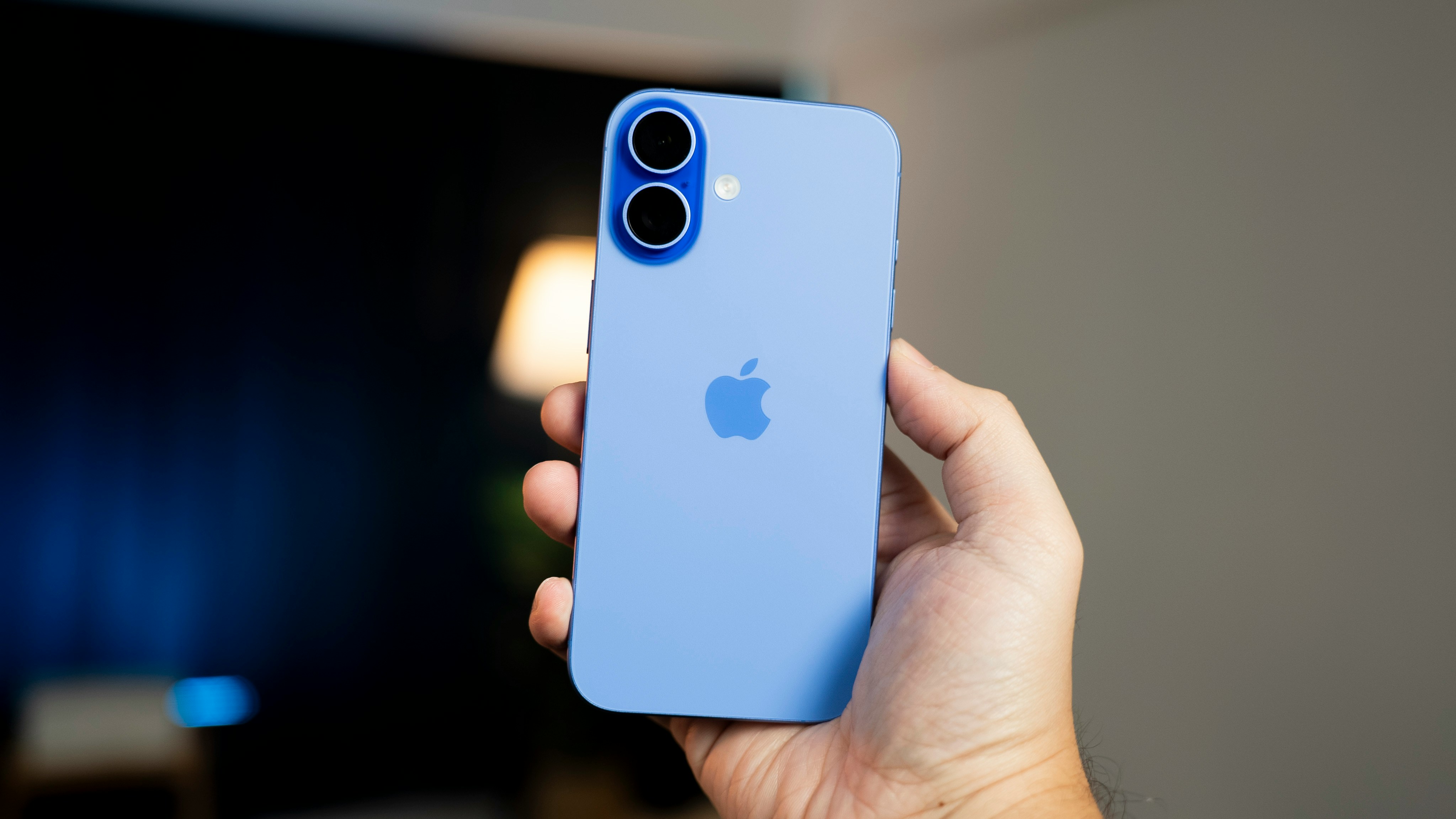TikTok parent company ByteDance’s ambitions in video gaming appear to have been short-lived, as the tech giant has struggled to gain a foothold amidst the fiercely competitive landscape dominated by Tencent Holdings, the world’s largest gaming company by revenue.
The Beijing-headquartered firm is retreating from the video game market with plans to wind down its main gaming brand Nuverse, which was established in 2019 and has only become one of six core business units under the company since 2021. The major pullback will likely result in hundreds of job cuts.
ByteDance confirmed its strategic pivot in the gaming sector in a statement on Monday, November 27.
“We regularly review our businesses and make adjustments to center on long-term strategic growth areas,” the company said. “Following a recent review, we’ve made the difficult decision to restructure our gaming business.”
The company will shut down games that have yet to launch by December and gradually divest from existing projects, including Crystal of Atlan and Earth: Revival, both of which were just launched this year and have attracted a decent number of players, according to media reports citing sources familiar with the matter.

The big withdrawal aligns with the company’s strategy of streamlining operations and prioritizing its core ventures, such as TikTok and its Chinese equivalent Douyin, to boost profits, the same sources said.
Notably, the game Earth: Revival acknowledged on Weibo that its publisher does have certain “capital structure arrangements” for the gaming business, whereas these arrangements exert only “limited impact on the project and its team.” The statement was later endorsed by Crystal of Atlan.
China’s gaming industry has been undergoing dramatic changes, both internally and externally, in recent years.
In August 2021, the government banned all new video game releases for eight consecutive months, while unveiling policies limiting under-18s to only an hour of playtime per day on Fridays, Saturdays, Sundays and legal holidays. This dual approach dealt a severe blow to the booming Chinese video game market, propelling it into an uncertain and challenging period.
As regulations ease, the industry is showing signs of recovery with a rebound in earnings. In the first half of the year, the Chinese gaming market boasted a sales revenue of 144.3 billion RMB (around 20.36 billion USD), a 22.2% increase compared to the second half of 2022, stated a report released at ChinaJoy 2023.

However, the future of the once promising industry is still up in the air, as it still needs to continue to grapple with the rapidly transforming landscape, regulatory uncertainties and the ever-changing preferences of players.
Over the past few years, ByteDance has invested heavily in its gaming unit in a bid to challenge the dominance of Tencent and NetEase. The internet company, in a bold move to seek more robust support, acquired Moonton Technology, the brains behind the hit mobile game Mobile Legends: Bang Bang, at a valuation of about 4 billion USD in 2021.
Unfortunately, the addition of Moonton did not yield the blockbuster success the company had anticipated, and now it is looking to offload the Shanghai-based studio, reported Reuters this month.
The gaming market in China has proven to be a tough nut to crack for ByteDance. The company’s lackluster performance in gaming and its clear gap with the top industry players have frustrated the country’s most valuable unicorn, which quickly lost patience in its quest for success in the world’s biggest gaming market.
Cover image via Robert Way / Shutterstock

















